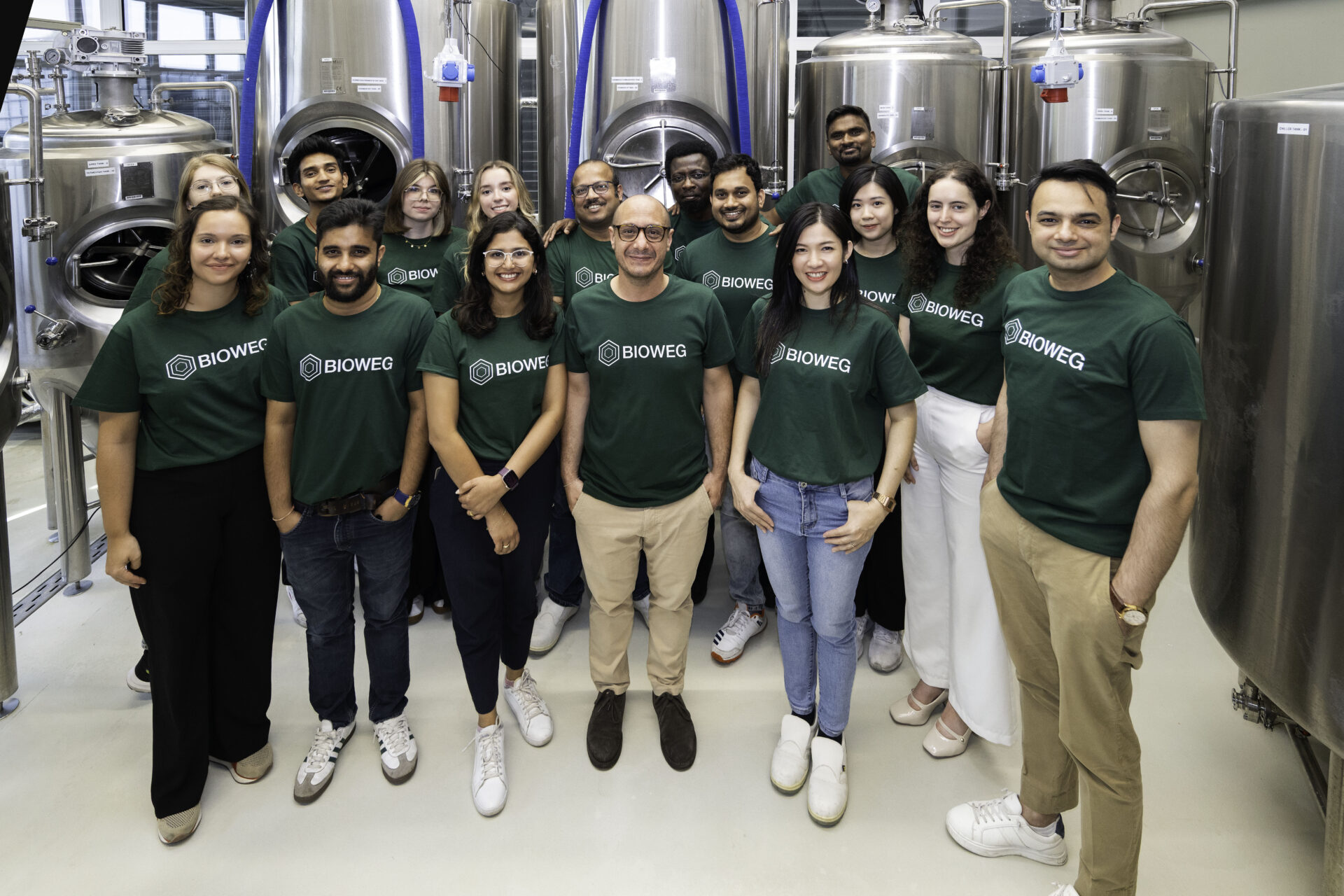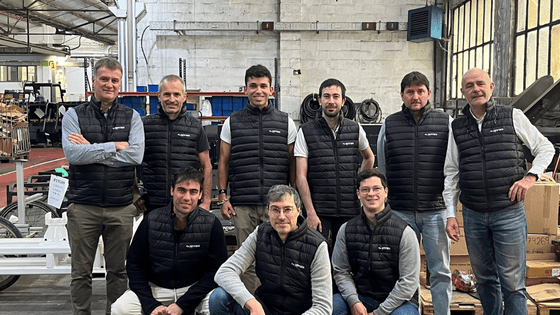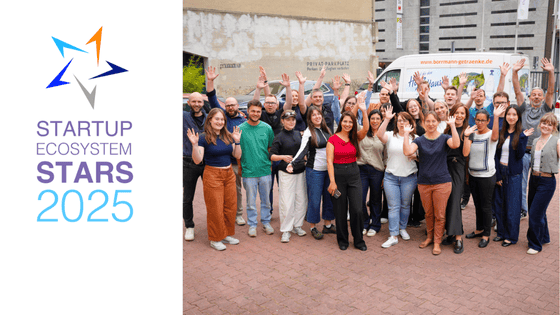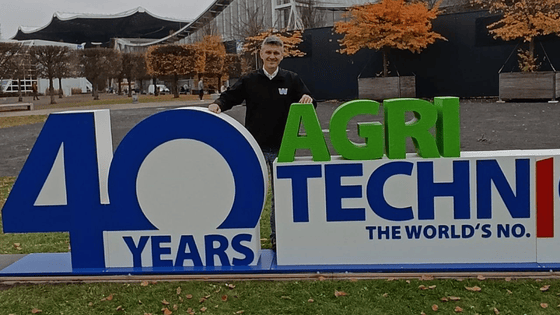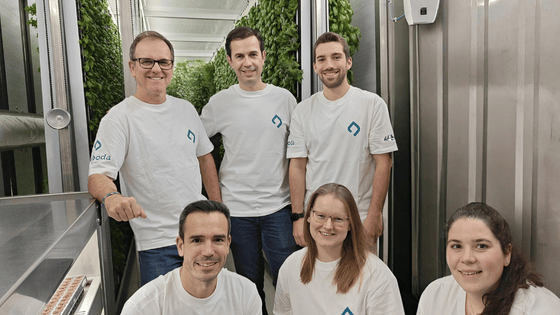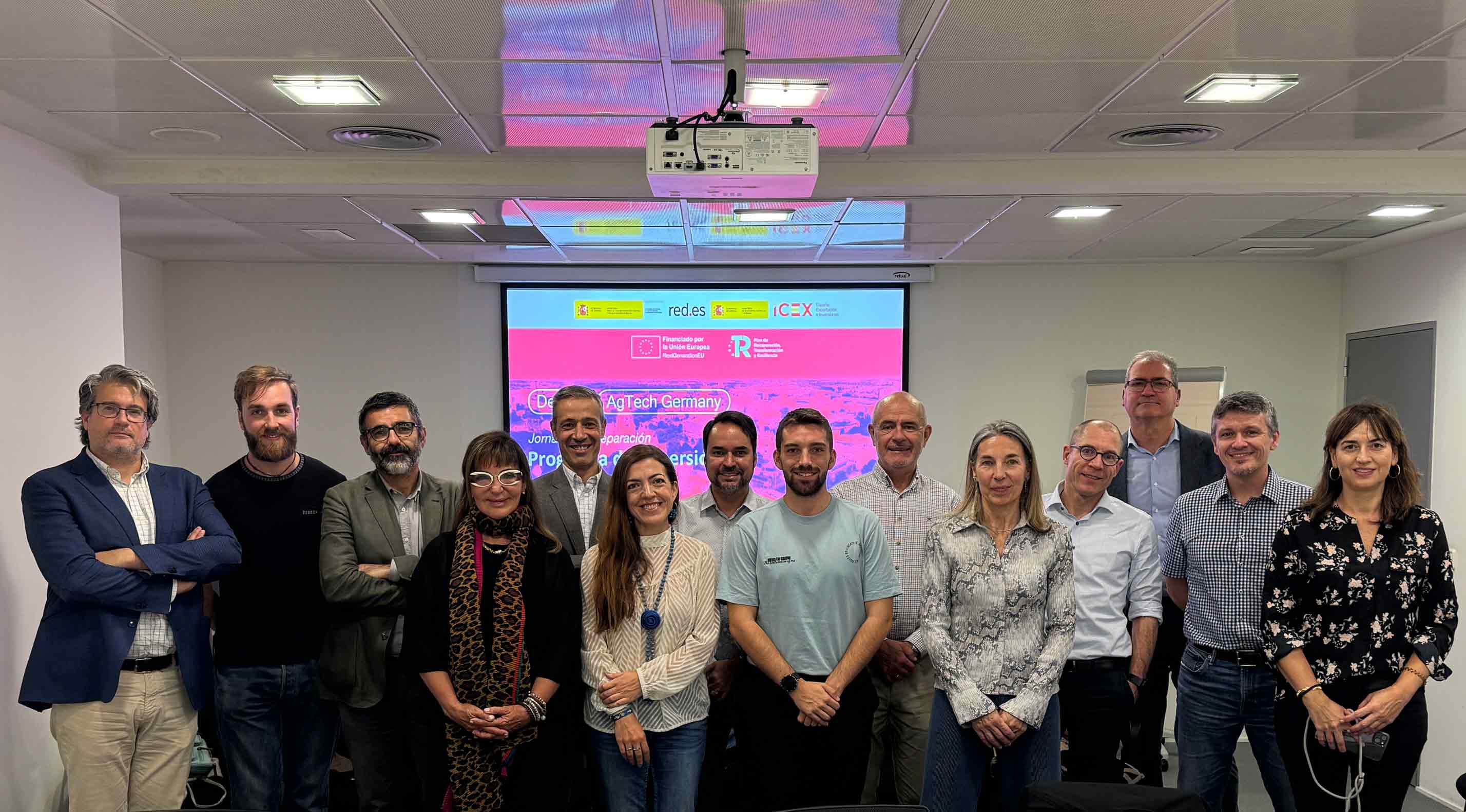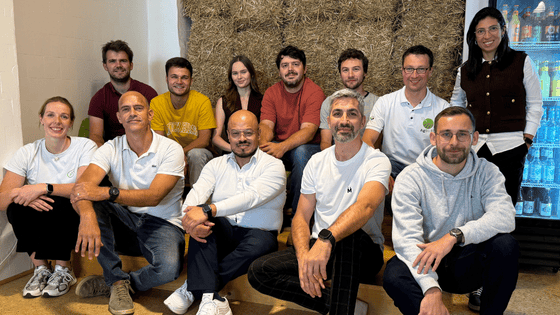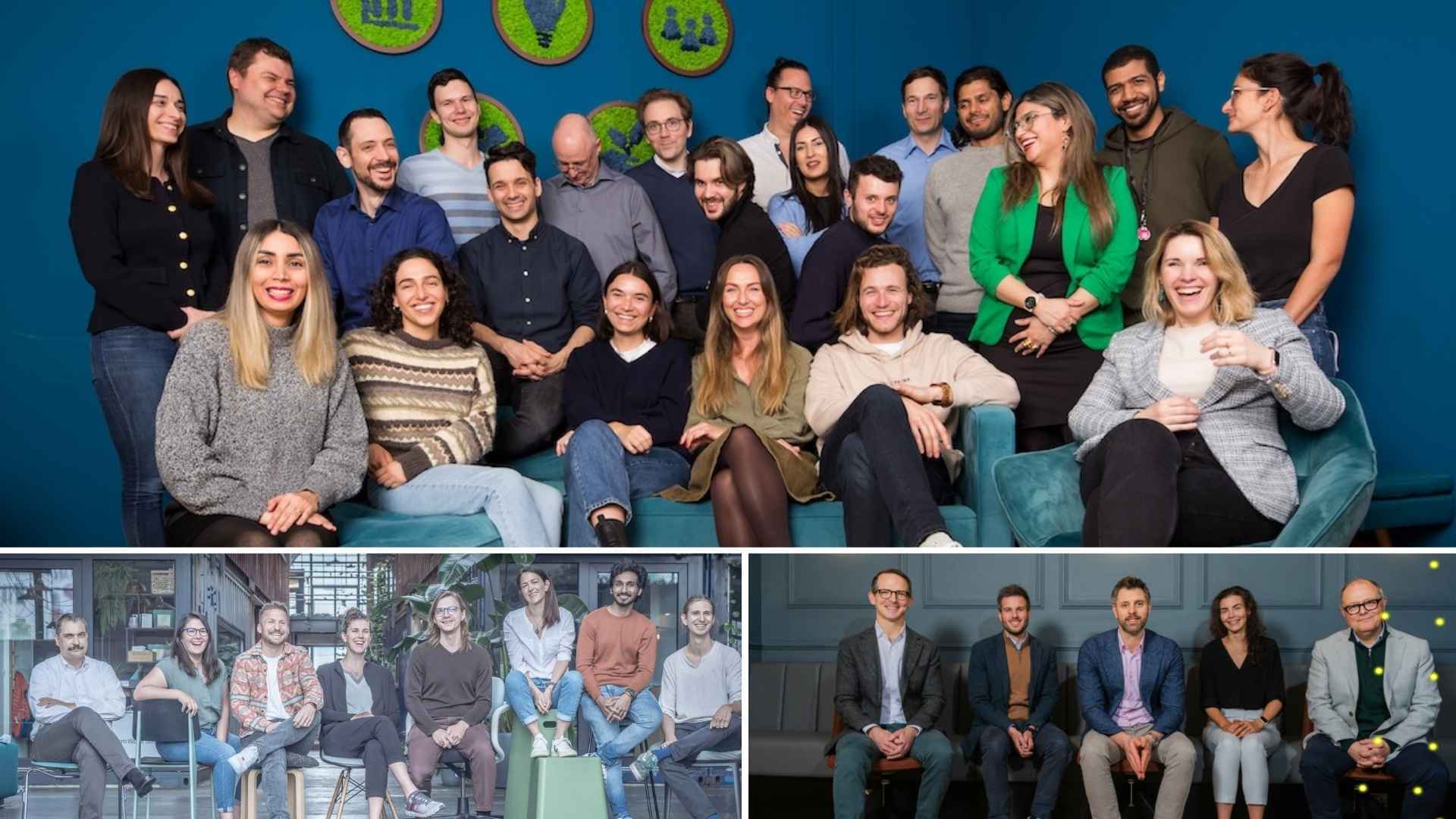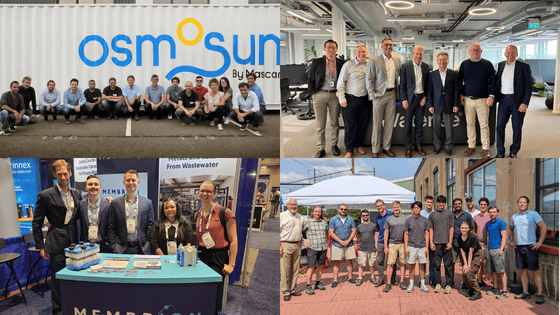RootCamp connects corporations with high-potential startups to solve clearly defined business challenges. Instead of taking equity, the company applies a venture clienting approach that enables established enterprises to adopt external innovation in a fast and structured way. By initiating and managing hands-on pilot projects, RootCamp supports corporates in accelerating their innovation efforts while opening tangible market opportunities for startups.
Recent posts by Linh Pham
2 min read
Accelerating Sustainable Fertilizers: Venture Clienting between K+S and BIOWEG
By Linh Pham on Feb 13, 2026 2:28:40 PM
Topics: venture clienting
2 min read
ZETRACK The First Electric BaaS Tractor Built for Autonomy
By Linh Pham on Dec 4, 2025 4:43:58 PM
As part of the Desafía Agtech Germany program, we are supporting ZETRACK in establishing its presence in the German market. In the following interview, ZETRACK explains what sets the ZETRABOT apart from other machinery solutions, why now is the moment for electric and autonomous tractors and what types of partnerships the company aims to build in Germany through the Desafía Agtech Germany program.
Topics: Startup Bios agriculture agtech
2 min read
SpinLab Group Recognized with the Startup Ecosystem award
By Linh Pham on Dec 3, 2025 12:03:08 PM
The SpinLab Group, consisting of RootCamp in Hanover, SpinLab in Leipzig and ExciteLab in Dresden has been awarded with the “Startup Ecosystem Star Award 2025” in the category: Exceptional Industry Support. The award was presented during a ceremony at the headquarters of the International Chamber of Commerce (ICC) in Paris. The Startup Ecosystem Stars Awards are organized by the ICC and Mind the Bridge, in collaboration with the OECD and the European Commission, and supported by Microsoft. They are among the world’s most prestigious recognitions for organizations that measurably strengthen innovation ecosystems.
6 min read
Turning Slurry Into a Resource: WorldPathol's Circular Approach
By Linh Pham on Nov 17, 2025 2:41:52 PM
As part of the Desafía AgTech Germany program, Veterinary Europe Holder by WorldPathol introduces its work at the intersection of biotechnology, animal health, and circular farm systems. The program supports selected Spanish AgTech startups with access to German's AgTech ecosystem. In this interview, WorldPathol outlines how its integrated approach strengthens animal health, reduces environmental impact, and builds more resilient protein supply chains.
Topics: 2025
6 min read
Néboda Farms: Applying Automation and Robotics to Indoor Agriculture
By Linh Pham on Nov 11, 2025 1:09:56 PM
As part of the Desafía AgTech Germany program, RootCamp is supporting Néboda Farms in establishing its presence in the German market. The Spanish startup combines engineering and automation expertise to make vertical farming both efficient and profitable. In this interview, Néboda shares insights into its technology, its approach to sustainable indoor cultivation, and its plans for expansion into Germany.
3 min read
Desafia AgTech Germany: Six Emerging AgTech Startups from Spain You should know
By Linh Pham on Oct 22, 2025 1:11:17 PM
The Desafía AgTech Germany program has kicked off, bringing six promising Spanish startups to explore opportunities in the German Agtech ecosystem. Each of them brings unique expertise in areas such as precision agriculture, sustainable crop management, biotechnology, and digital farming solutions. Together with ICEX and Red.es, RootCamp is leading the implementation of this initiative. As a multi-corporate innovation hub, RootCamp supports the startups in building connections, understanding the German market, and turning innovation into concrete business collaborations. Spain’s AgTech ecosystem has grown rapidly in recent years, shaped by the need for efficiency and sustainability in challenging environments. Expanding into Germany allows these startups to apply their know-how in one of Europe’s most advanced and technology-driven agricultural landscapes.
Topics: agriculture startups agtech agfoodtech bioeconomy
4 min read
RootCamp enters the next round: Batch #7 Solutions for sustainable water, agriculture, and circular economy
By Linh Pham on Aug 25, 2025 2:34:43 PM
With Batch #7, the RootCamp innovation hub from Hannover is starting a new round, welcoming six promising startups into its accelerator program. Over the coming months, the selected teams from Germany, Serbia, Latvia, Belgium, and France will receive targeted support to further develop their technologies, gain access to expertise and investors, and seize the opportunity for pilot projects with industry partners.
Topics: Startup Bios agriculture RootCamp 2025 bioeconomy
2 min read
WaterTech Challenge: Funded Watertech Startups in 2025
By Linh Pham on Aug 7, 2025 4:49:59 PM
Water scarcity, aging infrastructure, and tightening environmental regulations are pushing water technologies into the spotlight for investors around the globe. After years of moderate attention, the WaterTech sector saw a record-breaking year in 2024 and the trend is continuing in 2025. Innovations now range from smart leak detection and AI-driven optimization to lithium recovery and the removal of persistent pollutants from wastewater.
Topics: Startup Bios Venture Capital
2 min read
Bioeconomy Deep Dive: Unlocking the potential of industrial hemp
By Linh Pham on Apr 7, 2025 3:14:45 PM
Industrial hemp offers significant potential for the bioeconomy. To harness this potential, investments in innovation and in scaling up industrial hemp production and processing are necessary. This is the key finding of an analysis of the industrial hemp value chain conducted as part of the “Bioeconomy Deep Dives,” carried out by the innovation hub RootCamp on behalf of the Landwirtschaftliche Rentenbank and the Federal Ministry of Food and Agriculture (BMEL).
Topics: agriculture agtech
4 min read
Solving the water crisis: Emerging technologies in water desalination
By Linh Pham on Mar 11, 2025 3:22:26 PM
Water is one of the most essential resources for life on Earth, yet many regions are experiencing severe shortages. Population growth, industrialization, and climate change have placed increasing pressure on freshwater supplies worldwide. The United Nations’ Sustainable Development Goal 6 (SDG 6) aims to ensure reliable and sustainable access to clean water and sanitation for all by 2030. To address the global water crisis, various measures are being implemented, including improving water quality, promoting efficient water use, and ensuring fair access to safe drinking water and sanitation. One approach to increasing water availability is water desalination.
/rootcamp_logo_white_2022.png?width=2123&height=630&name=rootcamp_logo_white_2022.png)

/RC%20logo%202022.png?width=2325&height=703&name=RC%20logo%202022.png)

